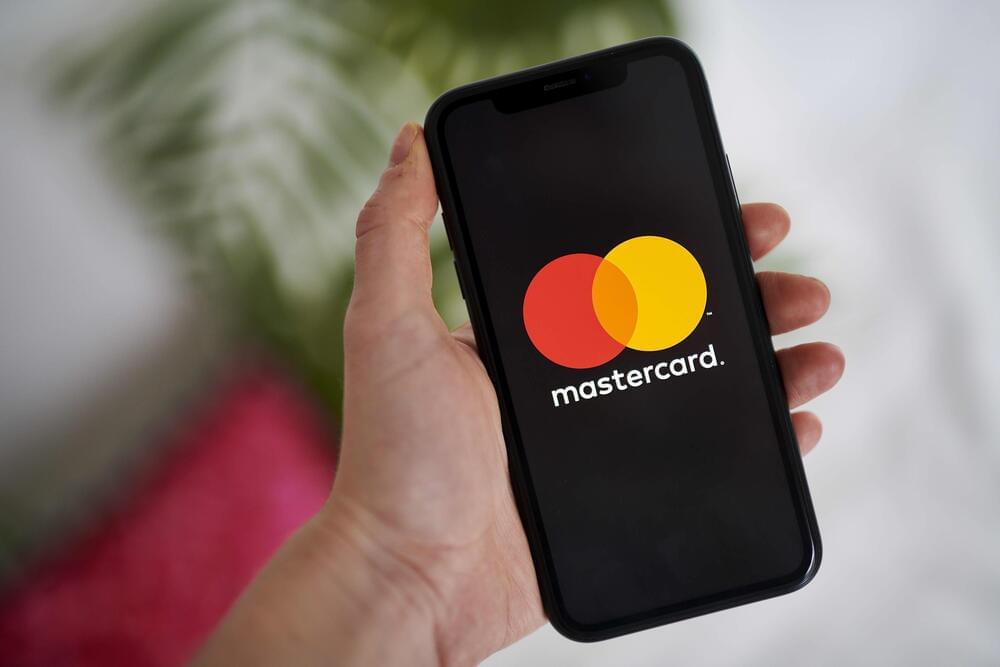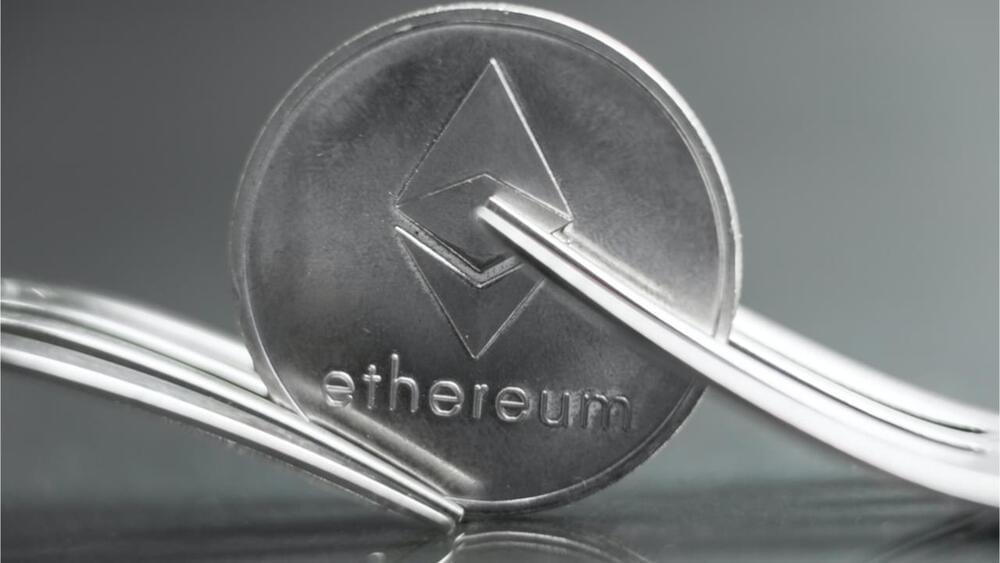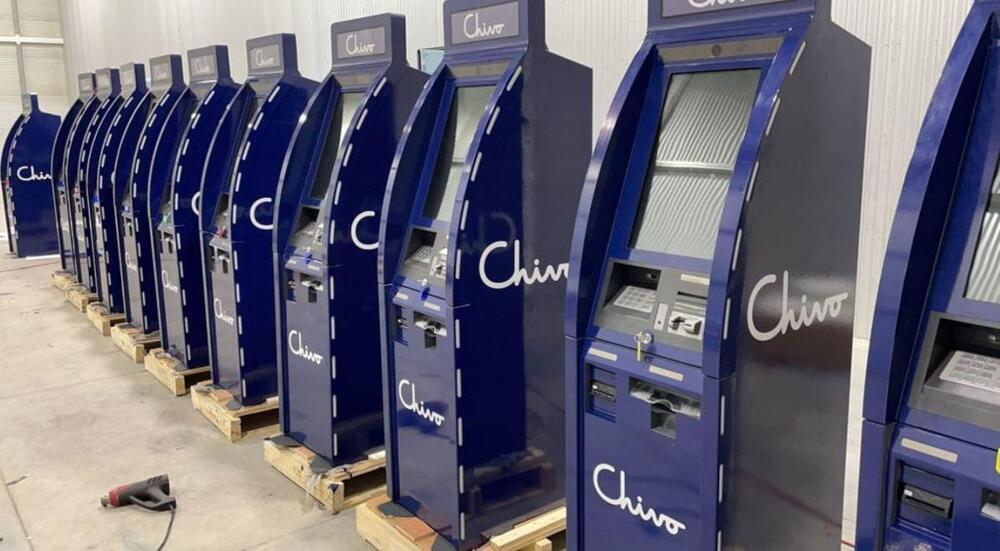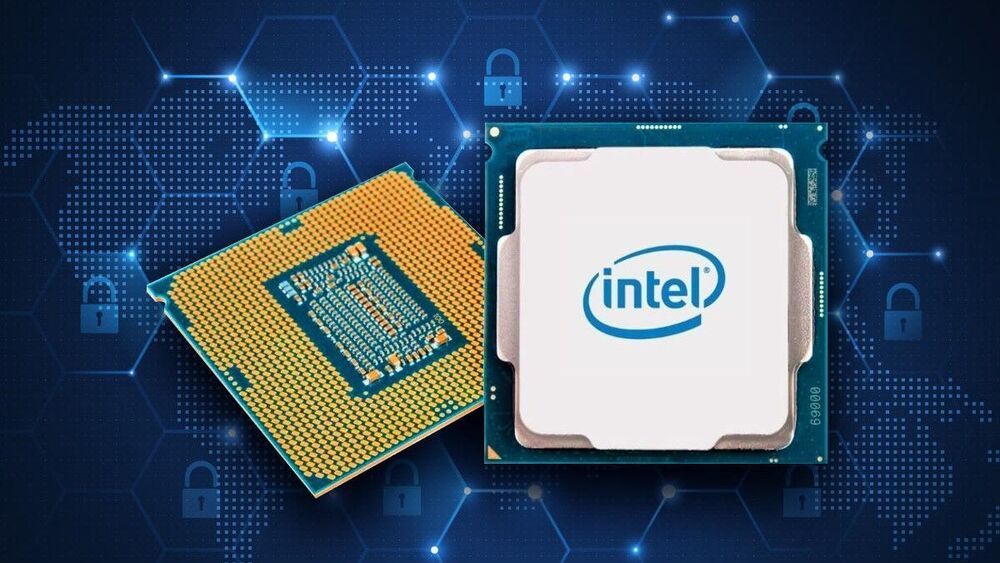Discover what makes Henson so great: https://bit.ly/3Dn1so3
Why the Tesla bot is the key to a Mars colony, and why Elon Musk’s SpaceX mission to build a colony on Mars needs the Tesla bot.
Last video: NEW Tesla Model 3 Now Available!
► Subscribe to our sister channel, The Space Race: https://www.youtube.com/channel/UCeMcDx6-rOq_RlKSPehk2tQ
► Subscribe to The Tesla Space newsletter: https://www.theteslaspace.com.
► Get up to $250 in Digital Currency With BlockFi: https://blockfi.com/theteslaspace.
►You can use my referral link to get 1,500 free Supercharger km on a new Tesla:
https://ts.la/trevor61038
Subscribe: https://www.youtube.com/channel/UCJjAIBWeY022ZNj_Cp_6wAw?sub_confirmation=1
🚘 Tesla Videos: https://www.youtube.com/watch?v=L9soIzuucBk&list=PL_4hhCaBkh…VvYNWbfQiq.
🚀 SpaceX Videos: https://www.youtube.com/playlist?list=PL_4hhCaBkhkJAOfZsqUnK…=1&index=1
👽 Elon Musk Videos: https://www.youtube.com/watch?v=iowsm7leEKo&list=PL_4hhCaBkh…DhtjC26hKN






